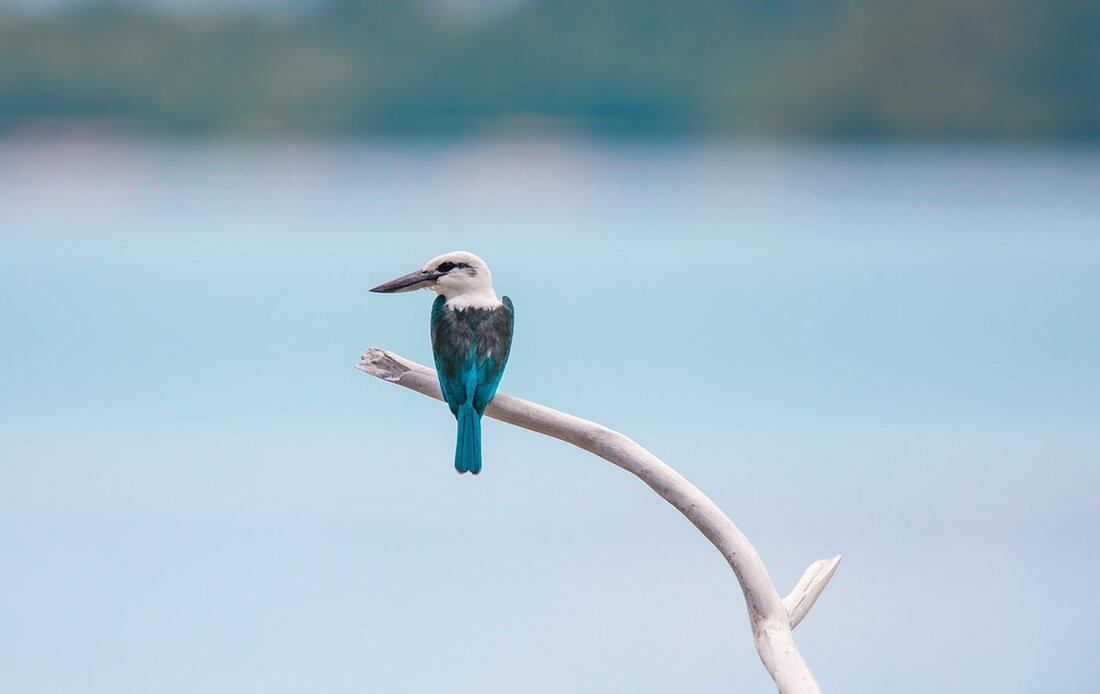Indonesia transfers drug convict to Philippines after plea for clemency
Indonesia will bring home Filipina Mary Jane Veloso, sentenced to death for drug trafficking, after years of appeals. A significant step for justice and compassion.

Indonesia transfers drug convict to Philippines after plea for clemency
MANILA, Philippines - President Ferdinand Marcos Jr. announced Wednesday that an agreement has been reached for Indonesia to send home a Filipino convicted drug trafficker who was nearly executed by firing squad. The execution was stayed thanks to years of pleas from Manila.
Thanks to Indonesia
Marcos thanked Indonesian President Prabowo Subianto and his government for honoring a longstanding request from the Philippines Mary Jane Veloso to bring them home to serve their sentence in their home country.
Details on Veloso's return
“Mary Jane Veloso is coming home,” Marcos said in a statement. "She was arrested in 2010 for drug trafficking and sentenced to death. Her case has been a long and difficult journey." At the time of the statement, it was unclear when Veloso would be flown to the Philippines, but Marcos expressed hope to welcome her soon.
Indonesian Law, Human Rights and Immigration Coordinator Yusril Ihza Mahendra confirmed that Subianto has given his consent for Veloso's return to the Philippines. This could take place in December, provided conditions are met, including her continued detention under the Indonesian court ruling.
Legal framework
Philippine Deputy Foreign Minister Eduardo de Vega told a news conference in Manila that Philippine authorities will discuss the legal framework for Veloso's transfer with their Indonesian counterparts. The Indonesian government has asked the Justice Department in Manila to formally request the transfer of Veloso back to the Philippines, ministry spokesman Mico Clavano said.
Reflection on bilateral relations
Marcos noted that the decision is “a reflection of the depth of our nation’s partnership with Indonesia – united in a shared commitment to justice and compassion.” Veloso's transfer would eliminate the possibility of an execution since the Philippines, Asia's largest Roman Catholic country, has long abolished the death penalty.
Public support for Veloso
In 2015, Indonesian authorities took action to To move Veloso to a prison on an island, where she was scheduled to be executed along with eight other drug convicts, despite objections from the convicts' countries of origin, including Australia, Brazil, France, Ghana and Nigeria. Indonesia carried out the death sentences for the eight other convicts.
Accusations and legal action
Veloso's case has caused public uproar in the Philippines as her family and supporters claim she is innocent and did not know there were 2.6 kilograms of heroin in her suitcase. The drugs were discovered when she entered Indonesia. Veloso traveled to Indonesia in 2010, where her godson allegedly informed her that she would find a job as a domestic worker. Her godchild is also said to have provided the suitcase in which the banned drugs were hidden.
Philippine authorities have filed criminal complaints, including human trafficking, against illegal Filipino recruiters who helped Veloso find work in Indonesia, Clavano said. She added that she will serve as a key witness in the suspects' trial when she returns. This case in the Philippines helped convince Indonesian authorities to postpone Veloso's execution and ultimately consider a return to her home country.
A tragic story
Marcos emphasized that Veloso's story has touched many people in the Philippines as she is "a mother trapped by hardship who made a desperate decision that changed the course of her life." “While she will be held accountable under Indonesian law, she remains a victim of her circumstances,” he added.
Global challenges
The Philippines is a global source of labor, including many needy women who leave their families behind to find better-paying jobs and better prospects abroad. Alarmless abuse, particularly of Filipino domestic workers, has led Philippine authorities to impose restrictions and protections, yet many continue to be exploited.
In total, at least 59 Filipinos worldwide are facing the death penalty, mostly for drug and murder convictions, the Foreign Ministry in Manila reported.

 Suche
Suche
 Mein Konto
Mein Konto
